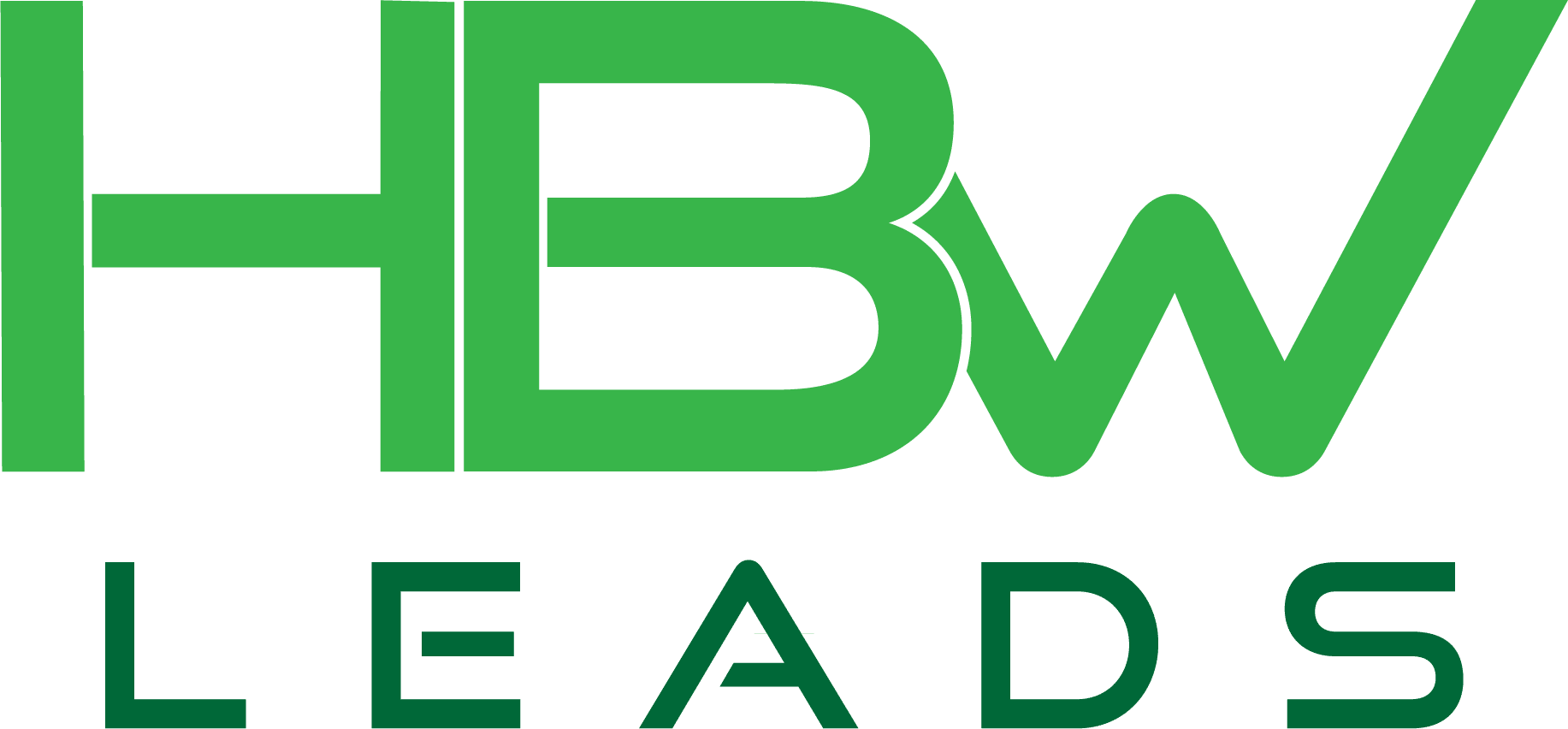Discover which words to avoid when selling life insurance and boost your sales right away.
In the complex world of life insurance sales, your words are your most vital tool. They can break or build relationships, influence decisions, and mold your professional image. You want to communicate in a way that inspires confidence, trust, and understanding.
Additionally, your clients entrust you with something very personal—their future security and that of their loved ones. You could lose that essential trust if your language comes off as too salesy, unclear, or indifferent.
Navigating life insurance can be challenging for many people. Your clients rely on you to simplify the complexities. Your chosen words directly affect how well they understand their options and decisions.
Delivering clarity is all about making complex ideas easy to understand. Let’s dive into a few strategies:
1. Plain Language: This is your secret weapon in delivering clarity. Avoid jargon and complex phrases whenever possible. Use simple, everyday language that anyone can understand. For instance, instead of saying, “This plan offers robust financial risk mitigation,” you can say, “This plan helps protect your money.”
2. Active Voice: Use the active voice, not the passive. Passive sentences can confuse your prospect, while active sentences are direct and easy to understand. So, instead of saying, “The policy will be issued by us,” say, “We will issue the policy.”
3. Visual Aids: Don’t underestimate the power of visuals. Charts, diagrams, and infographics can convey complex ideas in an easy-to-understand format. They can break down information and present it in a digestible way.
4. Analogies and Metaphors: These are excellent tools for familiarizing unfamiliar concepts. For example, you could compare a life insurance policy to a safety net, helping your client understand its purpose.
5. Step-by-Step Explanations: Breaking down information into smaller, manageable steps can make complex processes seem less daunting. For example, instead of explaining the entire life insurance buying process, you can break it down into steps: research, compare, apply, etc.
6. Ask for Feedback: Communication is a two-way street. Regularly ask your clients if they’re following along, and encourage them to ask questions. This can help them understand what you’re saying and allow you to clarify if needed.
7. Repeat and Reinforce: Repeat critical points and reinforce them by connecting them back to your client’s needs and goals. This can make the information more memorable and meaningful.
20 Words to Avoid When Selling Life Insurance Policies
Words 1-5
1. Policy: This term can feel cold and impersonal. Try using “plan” instead.
2. Contract: Another formal term that can be off-putting. Consider “agreement.”
3. Premium: A jargon term that can be replaced with “monthly cost” or “payment.”
4. Beneficiary: This can be replaced with “your loved one” or “your family.”
5. Underwriting: A term that can confuse. Simply explain it as “the process we use to determine your plan.”
Words 6-10
6. Exclusions: A negative term. Better to talk about “what your plan covers.”
7. Rider: Too technical. Use “extra options” or “additional coverage.”
8. Surrender: Sounds harsh. You can say “cancel” instead.
9. Lump Sum: This can be confusing. Use “one-time payment.”
10. Death Benefit: This can be a bit morbid. Try “the amount your family will receive.”
Words 11-15
11. Convertible Term: A complex phrase. Better to explain the “option to change to a permanent plan.”
12. Term: Can be unclear. Try “length of your plan.”
13. Face Amount: Too technical. Use “total amount of your coverage.”
14. Annuitize: A problematic term. Replace it with “start receiving payments.”
15. Insurability: A mouthful. Use “your eligibility for a plan.”
Words 16-20
16. Estate Tax: Can confuse. Better to explain “taxes on the money your family receives.”
17. Dividend: Too finance-specific. Use “the money back on your plan.”
18. Reinstatement: A formal term. Use “start your plan again.”
19. Cash Value: This can be unclear. Explain it as “money that grows in your plan.”
20. Endowment: Complex term. Better to say “when your plan reaches its end date.”
3 Reasons to Avoid These Words
1. Potential Misunderstandings
Using these terms can lead to confusion and misinterpretation. Clarity is critical to effective communication.
2. Hindering Relationship Building
Insurance is not just about the policy; it’s about relationships. Using impersonal and technical jargon can hinder building meaningful relationships with your clients.
3. Damage to Your Brand Image
Your language reflects your brand. Using complex and intimidating language can create an unapproachable brand image and make it difficult to understand.
When choosing words, aim for simplicity, warmth, and clarity. Replace technical jargon with everyday language. Use positive framing and focus on benefits rather than limitations.
The language you use in selling life insurance significantly impacts your ability to build trust, provide clarity, and foster relationships. Avoiding technical jargon and impersonal terms can dramatically enhance your communication effectiveness.
Words have power. Choose them wisely. In doing so, you sell life insurance plans and have peace of mind and security.
FAQs
1. What is the impact of words in selling insurance? Words can significantly influence trust, clarity, and relationship-building in selling insurance.
2. Why should I avoid technical jargon when selling insurance? Technical jargon can be confusing and impersonal, hindering relationship-building and damaging your brand image.
3. What should I focus on when choosing my words? Focus on simplicity, warmth, and clarity. Replace jargon with everyday language and frame things positively.
4. What’s the benefit of using more straightforward language? Simpler language is more easily understood, helping clients make informed decisions and feel more comfortable.
At HBW Leads, specialists call on your behalf to capture ideal prospects, so you can focus on converting clients and hitting your sales targets. No other agent has access to your list. It’s the perfect solution to complement your other lead generation efforts. Start boosting sales today.


